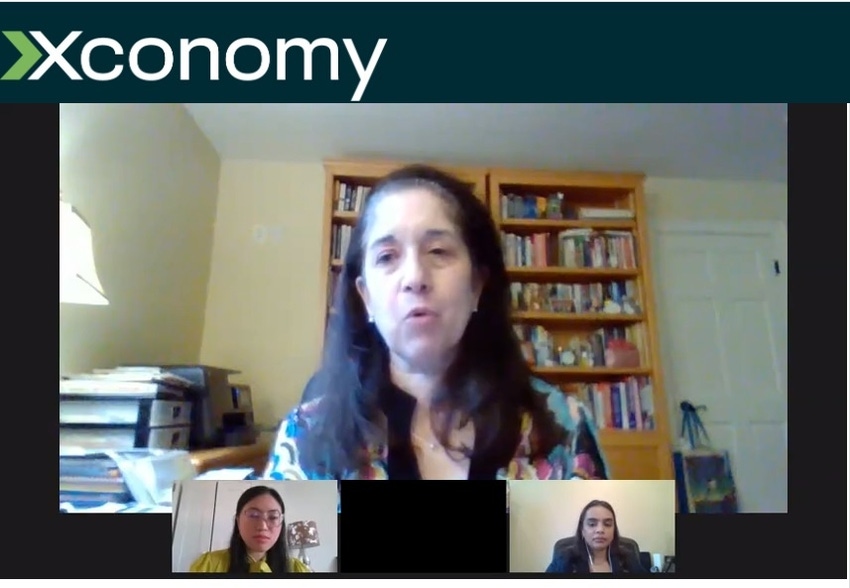Content Spotlight
Podcast: MilliporeSigma says education vital to creating unbreakable chain for sustainability
MilliporeSigma discusses the importance of people, education, and the benefits of embracing discomfort to bolster sustainability efforts.

Regulators are increasingly looking to industry to turn the science of cell and gene therapies into reproducible platform technologies, says Spark Therapeutics’ Diane Blumenthal.
The advancements in the cell and gene therapy space were applauded throughout Xconomy’s virtual Xcelerating Philadelphia event last night as industry experts spoke about the increasing number of such therapies moving through the clinic and the hurdles that industry is rapidly knocking over.
But challenges continue to exist, and in a panel focused on regulatory pathways, Diane Blumenthal, head of Technical Operations at Spark Therapeutics – one of a handful of companies who have commercialized an advanced therapy – said that the speed of advancement needs to be managed with changing regulatory attitudes, specifically referencing the US Food and Drug Administration (FDA).

Diane Blumenthal, head of Technical Operations at Spark Therapeutics, spoke at Xconomy’s Scelerate Life Sciences event yesterday
“[The cell and gene therapy space] is advancing at a speed that is quite different than the biotech of many decades ago when we first started working in antibody therapy and even before that in recombinant proteins,” she told the online audience, noting this specifically applies on the chemistry manufacturing control (CMC) side.
“I’m seeing a lot of flexibility that the agency is giving us in in helping us move these products forward. But I also see the expectations changing, and the agencies are definitely expecting us to move with the speed of these products. We need to get more sophisticated as companies. We need to think about how important it is to make sure to manufacture and deliver safe products to patients.”
She said with such an unestablished therapeutic class, the FDA is learning alongside developers, “but it is our jobs as industry to start to think about how to advance science to a place where we can do things more through a platform, so that each time we make a new product we are not reinventing the wheel.”
The call for scalable platform technologies in the cell and gene industry space has continued to grow louder (here are a few companies pushing through their platform solutions), but moving forwards leveraging analytical methodologies concurrent with a platform will be critical to understand processes and convince regulators of the validity of a product.
“In order for us to be able to become a bit more flexible – and also maybe even to bring things to the fore more speedily – it’s going to require us to have a better understanding of our production function,” she said. “The analytics in the cell and gene therapy space is definitely still in its infancy and until we advance that a little bit further, it’s going to be difficult for us to not have to do in depth evaluations of each of our products as we bring them to the regulatory agencies.”
By incorporating analytics and CMC platform technologies, Blumenthal told the audience that the gene therapy area specifically will begin to “look a bit more like [that of] a biologic, at least from a process perspective.”
However, she did point out that there would remain challenges for areas such as autologous cell therapies due to their patient-specific nature. Thus, debates continue to play out in that field, for example, between centralized and decentralized manufacturing models.
You May Also Like